2 min read
Gospel-Centered from the Start
“Let us hold unswervingly to the hope we profess, for He Who promised is faithful…Jesus Christ is the same yesterday, today, and forever.” (Hebrews...
-1.jpg?width=750&name=rachel-(1-of-1)-1.jpg)
Rachael met Josh in a support group meeting. They were both on the right path – it must be destiny, right?
“I had 30 days clean and he had a year. For some reason, I was like, ‘He’s the one. I know it.’ ”
Josh told her he loved her. He would protect her. But Rachael’s mom saw something she didn’t like.
“He’s just like your dad,” she told Rachael.
“It’s always easier to go back to what you know.”
Rachael’s mom knew the signs. She had stayed with Rachael’s dad for 28 years and experienced ongoing emotional and physical abuse.
Rachael’s memories from growing up are tinged by one emotion: fear. “The controlling, the yelling, the screaming, the intimidation – and then it would get physical.” Though she doesn’t remember being physically abused herself, Rachael witnessed horrible violence toward her mom. Once, “she couldn’t remember anything for two weeks” after being pushed down and hitting her head.
“He would take her money, so she didn’t have really any options.”
Rachael can only speculate about why her mom stayed with her abuser: “Fear of change, or the fear of what you don’t know. … Maybe she thought that was what she deserved.”
Together, they left multiple times, but they could only find short-term shelter and never had the resources to start fresh on their own. They would hit a shelter’s limit and go back home.
“We’d leave, find a shelter, go back because they were full.” Rachael can’t remember how often the cycle repeated.
“Maybe it will be different this time.”
Lack of resources wasn’t the only factor, Rachael explains. “I think she thought she was being a good wife by staying with him.” Each time, they hoped they would come home to something better.
“You just always want to believe that they’ll change,” she says. “ ‘Oh, I’m sorry, I love you, it’s never going to happen again’ – and we just want to believe that they are going to change.”
Living in an unstable, violent home left Rachael with multiple scars: spiritual, emotional, physical.
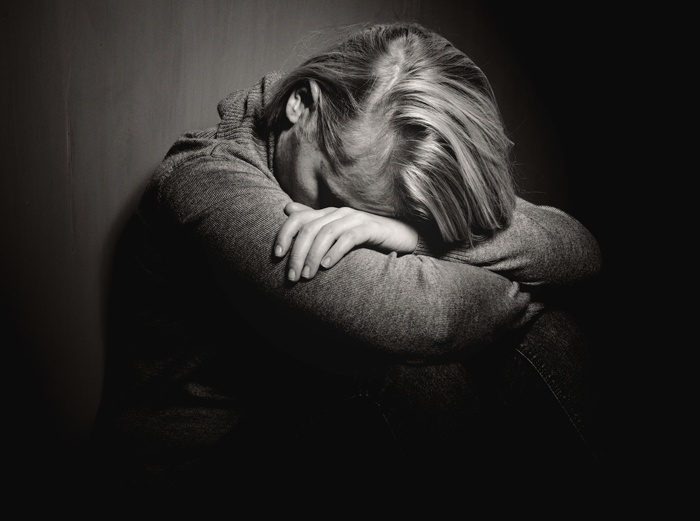
“It was so bad at home that I would go over to a friend’s house and want to stay there all the time, and her brother ended up molesting me. But it was like the pain at home was worse than that, so I would just continue going back.”
She started experiencing terrible cramps that doctors suspected were the result of being sexually abused. They prescribed strong painkillers – which her parents took for themselves. Her folks continued to bring her in for pain medication until the doctors suspected the truth: “I think they were kind of onto it, and I was crying and they ended up just going ahead” and writing a prescription.
At about age 14, Rachael started cutting herself. “It was like something to release that inner pain, and so I would cut and cut.”
“I took that first pill and everything felt normal.”
As a teenager, Rachael’s physical and emotional pain crippled her for any kind of normal functioning. She would stay in bed all day, every day, because of her depression. Her hips began to hurt from lying in bed constantly.
When she finally took one of her own pain pills, it felt like a revelation: “Oh my gosh, this must be what a normal person feels like. I can function.”
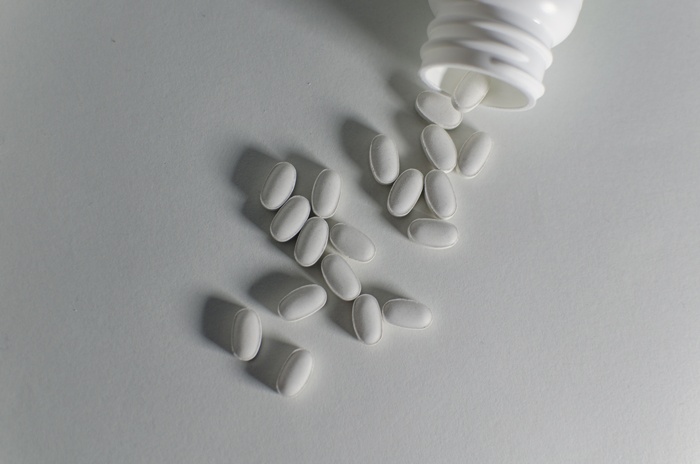
But, “anything we use for pain relief only lasts so long. … I was addicted to drugs by the time I was 17.” Before age 21, she was on disability for post-traumatic stress disorder.
“My goal wasn’t to get better; it was just not to be sick every day.”
A cycle of numbing herself with opiates and marijuana, opiate withdrawals, methadone, and methadone withdrawals – on top of the underlying trauma – added up to a very sick Rachael. Willing to try anything just to feel better, she started going to a recovery meeting.
That’s where she met Josh.
He was chairing the meeting. For Rachael, he represented a way out of the pain inside.
“He told me he loved me and I felt safe. I felt like he would protect me because he would be like, ‘Oh, if I ever see your dad …’ Not knowing that he was so much like him.
“So we got together, and it was a very toxic relationship, both ways.”
“It was easier to just give in and stay with him than to try to fight and get away.”
Rachael was with Josh for about five years. At first, “He was sober and he was going to help me.”
But very early in their relationship, they began to use drugs together. And her addiction wasn’t just to the drugs.
“For me, it was a relationship addiction; I was addicted to him. … I was trying to find who I was through him – the idea of who he could be.”
Reality was far from that ideal. “There were times that he tried to strangle me, but I would always go back. I didn’t know how to leave.”
During one desperate trip to the emergency room to ask for help with her addiction, Rachael found out she was pregnant. That fact got her into a treatment center. While she was there, Josh fell in “love” with another woman.
Then, Rachael lost her baby to a miscarriage.
“At that point I was blaming God: ‘What’s the point in being sober? I tried my hardest, and you take my kid.’ ”
She kept using drugs to put down her suicidal thoughts.
“We hated each other but I couldn’t live without him.”
Rachael continued to live with Josh for years even after she knew the relationship was toxic.
“I would tell him, ‘I hate you, just go,’ and he wouldn’t go. I’m like, ‘If you love me, just leave.’ But I could not separate. He would leave and he’d just come back and I’d always take him back.”
Just like her mother, Rachael also had feelings of guilt when she thought about escaping the abusive relationship. “I can’t leave him behind” in his addiction, she thought when she considered getting help. Even now in her recovery, she still struggles with those feelings about Josh and her mom. “They call it survivor’s guilt.”
“I felt bad for leaving him.”
But staying with Josh wasn’t doing anybody good, and finally Rachael had had enough.
“I’m not sure where that breaking point was, when it got to be enough pain and suffering,” she says. “I was just done. I was determined not to go back to him.”
“Free” from the abuse, Rachael went on her own drug and alcohol spree. It was a last, frenzied outburst to escape the pain inside, and she ended up essentially asking to be arrested. “Maybe at this point I need a judge to court order me to treatment,” she told herself.
That started a series of events that introduced her to the UGM Center for Women and Children and the recovery program. Having failed in many programs and treatments, she was ready for something different.
“If I don’t go to UGM, it’s never going to get better,” she said. “I’m just going to keep going through the cycle of relapse and trying to get back on my feet and falling back down.”
“They would push me just enough.”
What made the difference for Rachael’s recovery this time around? “It’s Jesus. It’s all Him. … Just that unconditional love and support, taking time to build your relationship with God.” The 18-month LIFE Recovery Program gave her what a 30-day treatment never could. She even allowed herself to grieve the loss of her baby and thank God for how he used that loss for her good in the long run.
Still, life at the Center was not easy for her: living within the community guidelines, being pushed to grow and to expect more for herself than mere survival. Rachael says her attitude was often entitled and unteachable, so the staff had to draw some hard lines and tell her some hard truths: “There was a time that I thought I could do whatever I want whenever – that entitlement – so that tough love really helped.”
Even after months at the Center, Rachael had no intention of trying to have a career – she figured her disability check would keep her afloat for the rest of her life. When the time came for her required Business Practicum, her lack of a high school diploma or any work experience made it hard to decide where she should work.
When Rachael mentioned she had stayed in a number of shelters with her mom, the Vocational Advancement director had a thought: She could work at what is now Safe Passage, a shelter for domestic violence survivors. After more than a few “nudges” from UGM staff, Rachael’s eyes were opened to the joy that comes from doing meaningful work and being a contributor in society.
Rachael completed her practicum at Safe Passage and was hired there for a full-time job as an advocate.
“Giving them that little bit of hope.”
Rachael knows she can’t solve people’s problems for them, but she can be a comforting presence for residents at Safe Passage. She remembers vividly what that meant to her growing up.
“Being in those shelters, you’re feeling scared and alone and so out of place and beaten up, but there’s always that one advocate who made it seem not so scary.”
She’s also mending her relationship with her brother, who was the one positive example of a man in her life. Her addiction and abusive relationship had damaged that family tie. “He had to let me go. I believe he kind of had to walk away to not see me get hurt, because it hurt him.”
Plus she’s practicing the healthy habits she learned at the Center, basic things she missed during the tumultuous first three decades of her life. “I’m just working on being OK with being me and who I am on my own, because I’ve never lived on my own before. I’ve always been co-dependent.”
Finally, Rachael is determined to stay connected with other women in recovery at the Center and in other places. She’s sponsoring others at the Recovery for Life meetings, plus going to AA and continuing to help others through Embrace Equine Ministry, a horse therapy program that has helped her recovery.
She played in Hoopfest with a team of ladies from the Center – “something we would never have done if we were using, that old lifestyle. Some healthy, good fun.”
“I have a huge network of healthy, supportive women, and I wouldn’t have made it this far without them.”
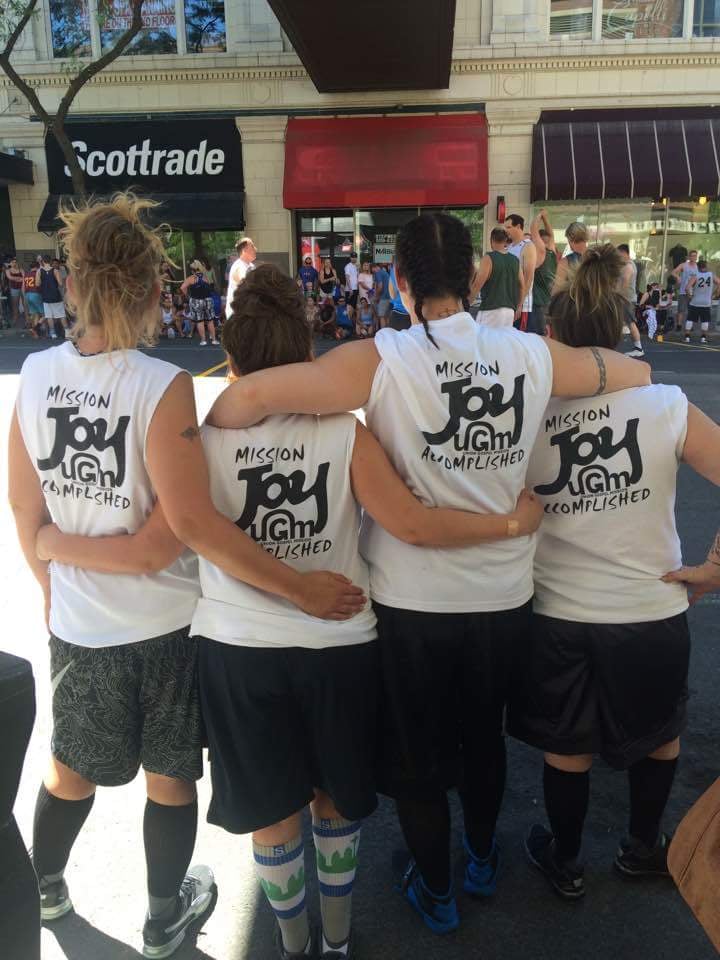
“He can use all that I went through for a purpose.”
Rachael gives thanks to God for being with her even when she felt so helpless.
“Everything I went through, all the pain, God had his hand in it. He didn’t put me there, but he was using that to get me to where I am today.”
You can keep women like Rachael safe and offer them much more than mere survival. Partner with UGM women's and children's shelters today.

2 min read
“Let us hold unswervingly to the hope we profess, for He Who promised is faithful…Jesus Christ is the same yesterday, today, and forever.” (Hebrews...

9 min read
To celebrate 75 years of serving the Inland Northwest, we are spending the year remembering our history and the faithfulness that built us and...

2 min read
In 2026, Union Gospel Mission Inland Northwest is approaching our 75th Anniversary! This is a milestone that invites gratitude and reflection, and...
By Merrily Brast, Staff Writer “My whole life, I was super angry, and I used to always think everybody would be better off without me.”
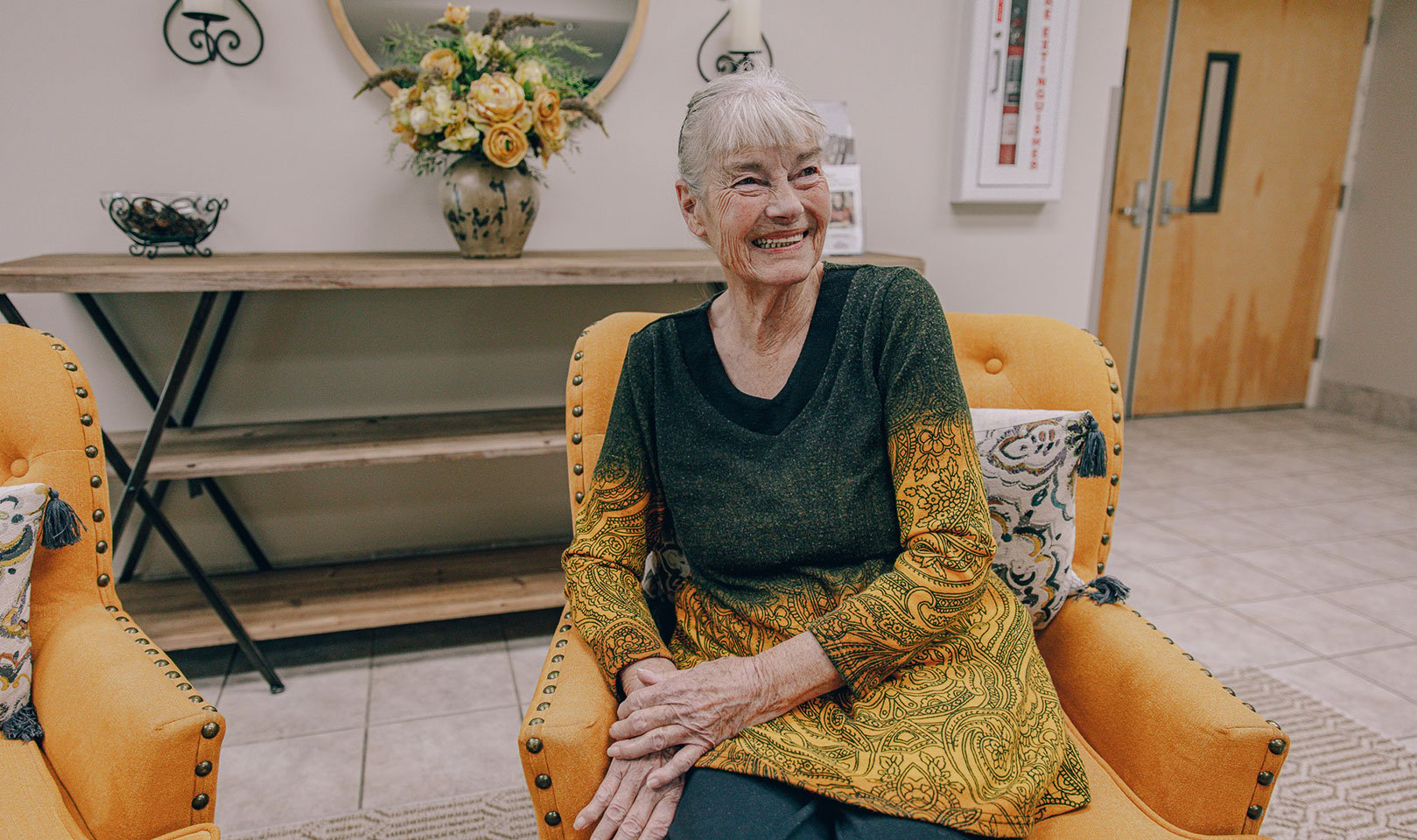
Anita and her son’s family were victims of the formidable Oregon Fire in Elk this past August. On her journey from upheaval back to stability, Anita...
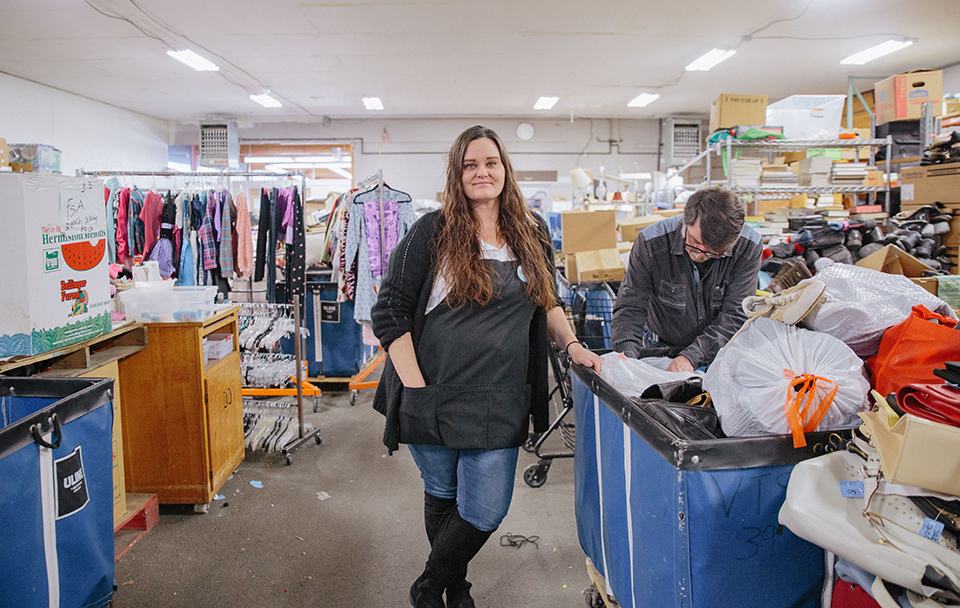
By Lynn Yount, UGM volunteer - At the UGM Thrift Store in Spokane Valley, you'll find more than bargains on high-quality clothing and housewares....